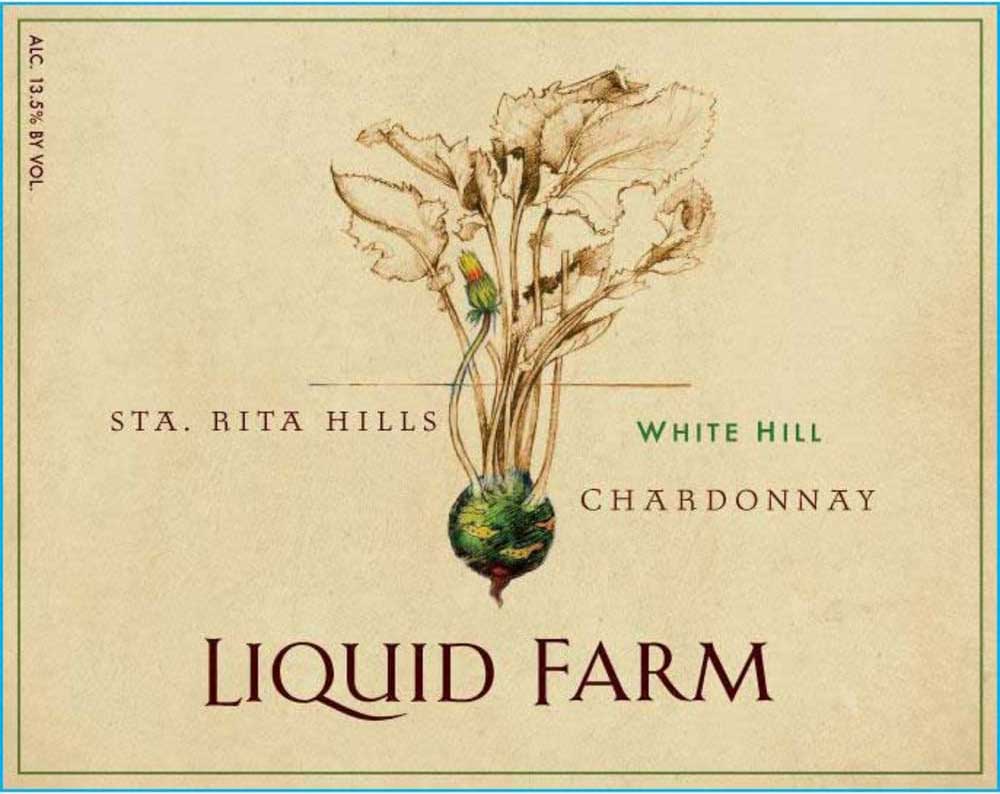Rice vinegar and rice wine vinegar are often used interchangeably in recipes, but they are not the same product. Understanding the differences between these two types of vinegar can help you make better culinary choices and achieve the best flavors in your dishes.
What is Rice Vinegar?
Rice vinegar is a type of vinegar made from fermented rice. It’s popular in Asian cuisine for its mild, slightly sweet flavor and low acidity. Rice vinegar is commonly used in dressings, pickling solutions, and as a seasoning in dishes like sushi rice. It has a subtle flavor profile, which makes it a versatile ingredient in both savory and sweet recipes.
What is Rice Wine Vinegar?
Rice wine vinegar, on the other hand, is made from rice wine that has been further fermented into vinegar. It has a more complex flavor compared to plain rice vinegar. It retains some of the sweetness of the rice wine, which can add a deeper, richer taste to dishes. Rice wine vinegar is often used in Asian cuisine for its nuanced flavor, particularly in sauces and marinades.
Key Differences
Rice vinegar is produced through the fermentation of rice into vinegar directly. Rice wine vinegar, however, starts with rice wine (like sake) and is then fermented into vinegar. This difference in production affects the flavor profile of each.
Rice vinegar has a milder and cleaner taste with less complexity, making it ideal for recipes where you want a subtle acidity. Rice wine vinegar, with its richer and slightly sweeter flavor, is better suited for dishes that benefit from a more pronounced taste.
While both types of vinegar can be used in similar ways, rice wine vinegar’s deeper flavor can enhance dishes that require a more robust taste, such as in marinades and stir-fries. Rice vinegar is often preferred for making sushi rice and pickling vegetables due to its neutral flavor.
Rice vinegar typically has a lower acidity level compared to rice wine vinegar, which can affect the overall taste and preservation qualities of your dish.
Choosing the Right Vinegar
When deciding between rice vinegar and rice wine vinegar, consider the flavor profile you’re aiming for. If you need a subtle acidity, go with rice vinegar. For a richer, sweeter flavor, rice wine vinegar is the better choice. Both can often be substituted for one another in recipes, but be mindful of how the change in flavor may impact your dish.
By understanding the nuances of rice vinegar and rice wine vinegar, you can make more informed decisions in your cooking, ensuring that each dish achieves the desired balance and depth of flavor.






















































